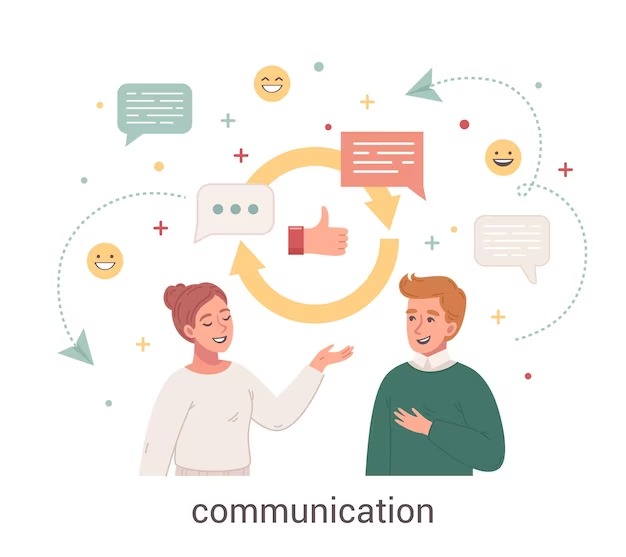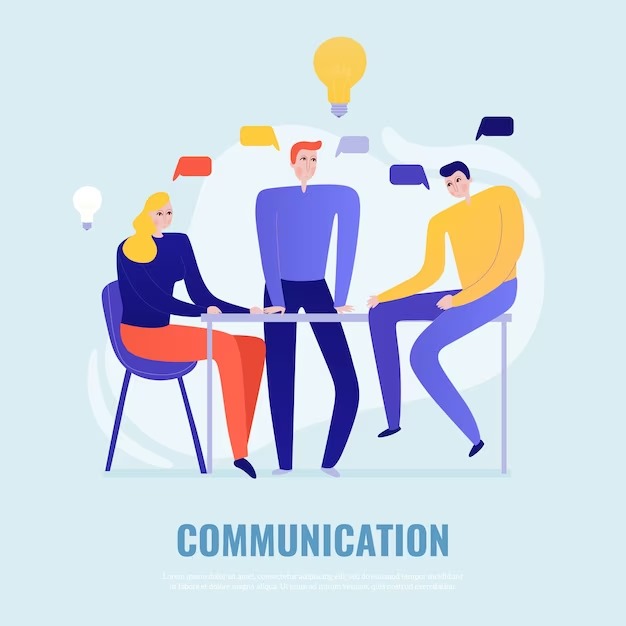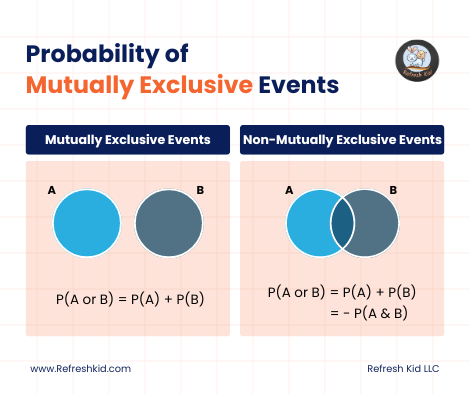In a world driven by connections and collaborations, the significance of strong communication skills cannot be overstated. Whether in our personal relationships, professional endeavors, or even in our daily interactions, the ability to effectively communicate is the cornerstone of success. In this article, we will delve deep into the art of building bridges through strong communication skills, shedding light on its importance, practical applications, and the transformative impact it can have on various aspects of our lives.
The Foundation: Building Bridges with Communication
The Essence of Effective Communication
Effective communication is not merely a tool for conveying messages; it is a skill that enables understanding, empathy, and collaboration. It forms the foundation for building bridges between individuals, groups, and even cultures. When we communicate effectively, we break down barriers and create pathways for mutual growth and development.
The Role of Active Listening
One of the fundamental elements of strong communication is active listening. Listening attentively to others fosters a sense of respect and validation. It allows us to grasp different perspectives and engage in meaningful dialogue. Through active listening, we build bridges of trust and rapport.
Verbal and Non-Verbal Communication
Communication extends beyond words. Non-verbal cues, such as body language, facial expressions, and tone of voice, play a pivotal role in conveying our messages. Mastering both verbal and non-verbal aspects of communication enhances our ability to connect with others.
Building Bridges in Personal Relationships
Strengthening Bonds
In our personal lives, strong communication skills form the cornerstone of healthy relationships. Whether it's with family, friends, or romantic partners, effective communication helps us express our feelings, resolve conflicts, and strengthen emotional connections.
Navigating Conflict
Conflict is inevitable in any relationship, but how we communicate during these challenging times can make all the difference. By using constructive communication techniques, we can resolve disputes amicably and emerge from conflicts with stronger bonds.
Empathy and Understanding
Empathy, the ability to understand and share the feelings of others, is a byproduct of effective communication. It allows us to connect on a deeper level, providing support and comfort when needed most.
Building Bridges in the Workplace
Enhancing Productivity
In a professional setting, strong communication skills are the linchpin of productivity. Effective communication streamlines tasks, minimizes misunderstandings, and boosts teamwork.
Leadership and Influence
Leaders who excel in communication inspire and motivate their teams. They build bridges of trust and loyalty, paving the way for success in any organization.
Problem Solving and Innovation
Problem-solving and innovation thrive in an environment where ideas flow freely. Effective communication encourages employees to share their thoughts and contribute to creative solutions.
Building Bridges in a Globalized World
Cultural Sensitivity
In our interconnected world, cultural diversity is a fact of life. Strong communication skills enable us to bridge cultural gaps, fostering inclusivity and understanding.
Language as a Bridge
Learning a new language is more than a practical skill; it's a testament to our willingness to connect with others from different linguistic backgrounds. Language becomes a powerful bridge between cultures.
FAQs
Q: How can I improve my communication skills?
A: Improving communication skills requires practice and self-awareness. Start by actively listening, using open body language, and seeking feedback from others.
Q: Can strong communication skills help in my career?
A: Absolutely. Effective communication is a highly sought-after skill in the workplace. It can lead to career advancement and success in various industries.
Q: What role does empathy play in communication?
A: Empathy fosters deeper connections with others. It involves understanding their feelings and perspectives, which is crucial for effective communication.
Q: Is it possible to learn effective communication later in life?
A: Yes, it's never too late to improve your communication skills. With dedication and practice, anyone can become a better communicator.
Q: How can I bridge cultural gaps through communication?
A: To bridge cultural gaps, approach others with an open mind, learn about their culture, and show respect for their customs and traditions.
Q: What is the key to resolving conflicts through communication?
A: The key to resolving conflicts is to remain calm, listen actively to the other party, and use "I" statements to express your feelings and concerns.
Conclusion








